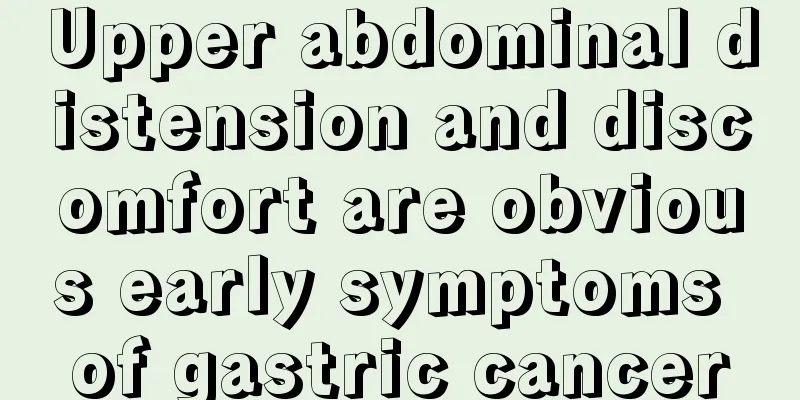Self-diagnosis of rectal cancer

|
Clinically, many patients with rectal cancer have missed the best time for treatment because they ignored the early symptoms of rectal cancer. If rectal cancer can be self-diagnosed, it can buy precious time for the patient's treatment. Self-diagnosis must first understand the symptoms of the disease and the patient's physical signs. 1. Blood in the stool Self-diagnosis of rectal cancer can be done by observing the stool. In the early stage of the disease, it is limited to the mucosa, so there may be no symptoms, and sometimes it only manifests as a change in bowel habits. When the tumor grows to a certain extent, there will be symptoms of blood in the stool. At this time, the blood in the stool is mostly light dark and adheres to the surface of the stool. Red blood cells are found in the stool through microscopic examination, and the stool is positive for occult blood. Therefore, those who continue to have positive occult blood in the stool may consider colorectal tumors and undergo further examinations. 2. Mucous stool and bloody stool When rectal cancer develops to a certain extent, the tumor will rupture, causing dark red or bright red blood and mucus to appear in the patient's stool, and the feces and blood are mixed. Therefore, when patients find pus and blood in their stool, they should go to the hospital for a detailed examination in time. 3. Changes in bowel habits The most obvious symptom of self-diagnosis of rectal cancer is an increase in the frequency of bowel movements, from once a day to two or three times a day, but there is a feeling of having to defecate again after the bowel movement. Clinically, this phenomenon is called incomplete bowel movement. When these dangerous signals are found, you should actively go to the hospital for examination. 4. Alternating diarrhea or constipation Because the continuous growth of cancer affects the normal physiological function of the intestine, patients with rectal cancer often experience alternating constipation and diarrhea. Once this phenomenon occurs, you should consider the possibility of intestinal tumors, find the cause in time, and treat it in time. |
<<: How to prevent constipation from causing colon cancer
>>: Obese menopausal women are more susceptible to ovarian cancer
Recommend
What should I do if I always have acne on my head
Acne, also known as pimples, is quite common in o...
What to do if red bumps appear on cheeks due to allergies
Some people are born with allergies. Yes, they wi...
What should I do if I eat bayberry without washing it
Bayberry tastes sour and sweet, and it has a magi...
How long can you live after osteosarcoma surgery
The main treatment for osteosarcoma is radical su...
How can people who don't like to use their brains change
People who don't like to use their brains can...
How long can you live after colon cancer surgery
The question of how long one can live after colon...
How to remove the odor of bacon?
Bacon is a common delicacy in daily life. Bacon h...
Horny athlete's foot
Everyone is familiar with athlete's foot, but...
Do I need to wash my face after applying a facial mask? Tell you the correct answer!
Many people have the habit of wearing facial mask...
What kind of cancer is kidney cancer?
Kidney cancer generally refers to malignant tumor...
How to do pneumoperitoneumography
Pneumoperitoneum, also known as artificial pneumo...
Why does water ooze out after a burn
In our daily life, we often encounter burns. Seve...
Head down, listless
With head down and listless, it describes the loo...
How to check stomach problems? It turns out there are 5 ways to check stomach problems
In daily life, we often hear people complain abou...
Protruding forehead and collapsed nose
A protruding forehead and a collapsed nose make t...









